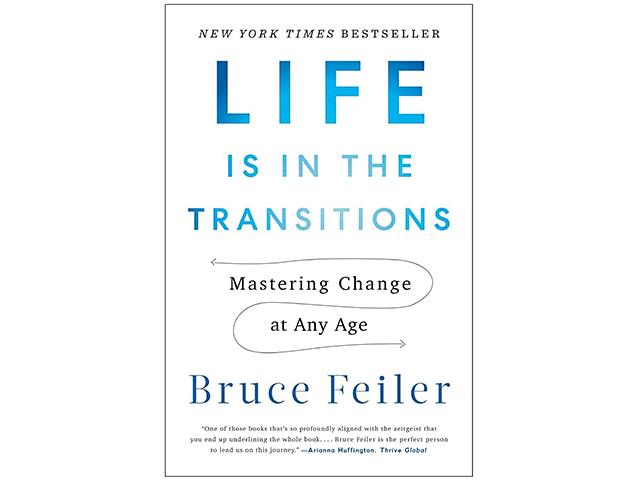Family Business Matters
Succession Is Simply Another Transition
Two fundamental transitions in the family business are the succession of management and the transfer of ownership from one generation to the next.
While these two shifts happen once in a generation or even once in a lifetime, many other significant changes happen throughout our lives. We move in and out of organizations and relationships. We change houses, communities, friends, medical conditions, financial situations, political beliefs, family roles and job levels. In short, life is full of transitions.
Bruce Feiler, in his 2020 book "Life Is in the Transitions," offers tools for many of the transitions in our lives, and those ideas apply to business succession. The book was born out of Feiler's realization that helping his father tell his life story offered a sense of purpose, reversing his dad's depression and suicidal tendencies brought on by Parkinson's disease. Feiler went on to conduct extensive research around some of life's most important transitions.
What he discovered is that the way you describe your life -- who you are, where you came from, how you ascribe meaning to the changes in your life and how you reframe your story when things don't go as planned -- matters a great deal in your ability to successfully navigate transitions.
P[L1] D[0x0] M[300x250] OOP[F] ADUNIT[] T[]
Business succession is a transition that Feiler would call an "autobiographical occasion." It is a chance to write -- or rewrite -- your story in a way that offers a sense of purpose and meaning for your next chapter. "Writing," he says, "speeds up meaning-making." The act of writing your story helps you conceive of how your future story will evolve.
Beyond writing your life story, here are a few more of Feiler's ideas to help navigate business transitions and succession.
-- Ritualize the change. Rituals help to add meaning and a sense of control over our lives. Feiler suggests using a ritual to mark a transition, like a retirement party, an office change or even a title change (for example, from CEO to chairman). I once had a client create an oversized key, and he then "handed the keys" to the next generation in a fun-filled ceremony.
-- Give up old mindsets. Another strategy is to consciously give up mindsets that might prevent a transition. Some common mindsets in agriculture include the idea that finances must be overseen by a family member, or that a long-practiced crop rotation or a particular enterprise is necessary for future success. Or, that a certain task like running a meeting, staying late or early, or directing employees must be done by the most senior family member. Letting go of the idea that "it has to be done this way" ushers in the idea that things in the family business can, even must, change.
-- Try new things. When President George W. Bush left office, he turned to painting as a hobby. Closer to home, I've watched senior family business members turn to travel, board service, politics, golf and church mission work to help them transition into their next chapter.
-- Seek wisdom from others. You or your parents are not the only people going through a transition of management or ownership from one generation to the next. Based on my experience running peer groups over the last decade, talking with others provides emotional support and good ideas during the transition journey.
Feiler writes that as you go through a transition, "Your day-to-day existence simply cannot be navigated in the same way. Familiar landmarks have been overturned; faithful road maps have become obsolete. You need groundings, new passageways, new constructs." His observation hits home in the handoff of the family business.
**
Write Lance Woodbury at Family Business Matters, 2204 Lakeshore Dr., Suite 415, Birmingham, AL 35209, or email lance.woodbury@pinionglobal.com
(c) Copyright 2023 DTN, LLC. All rights reserved.






